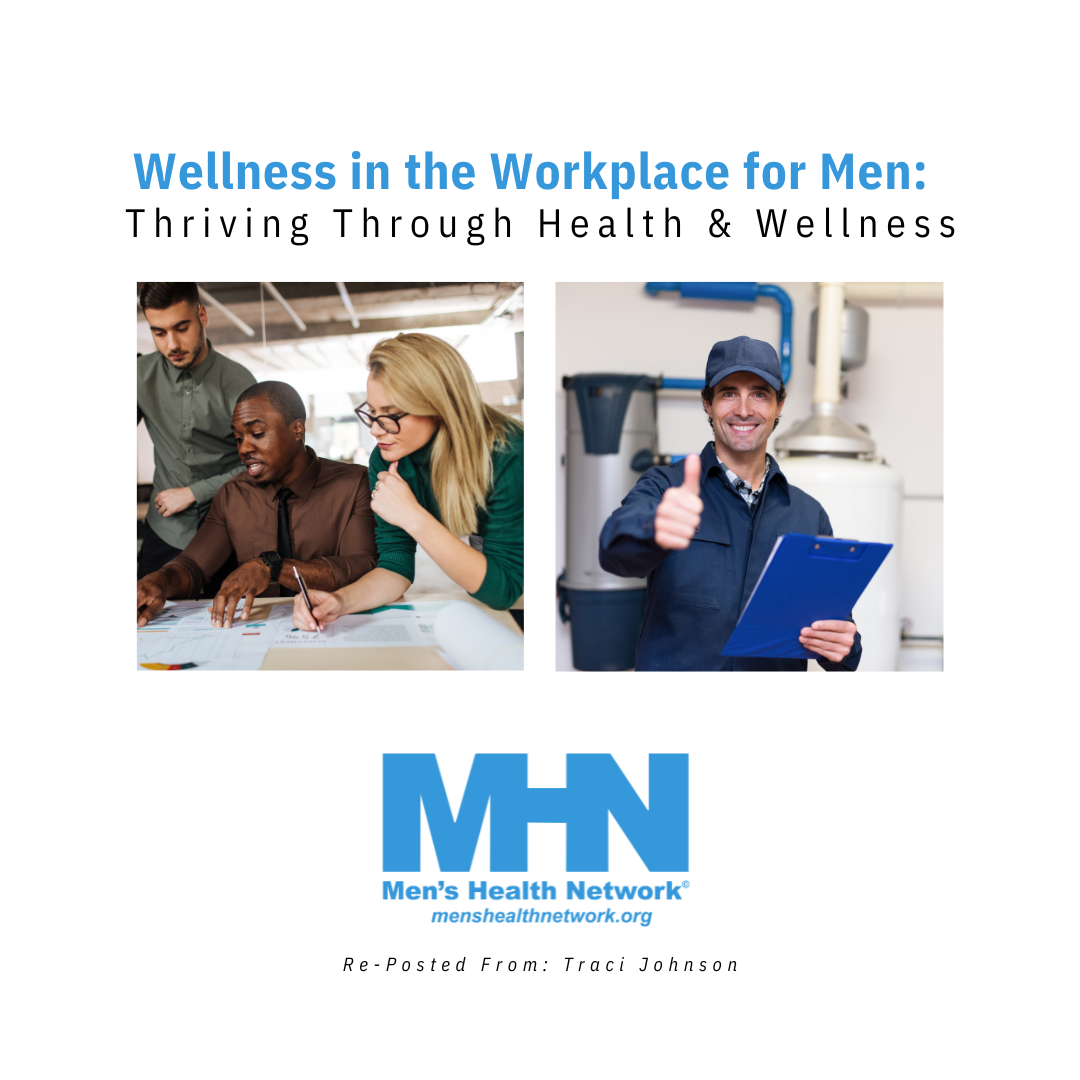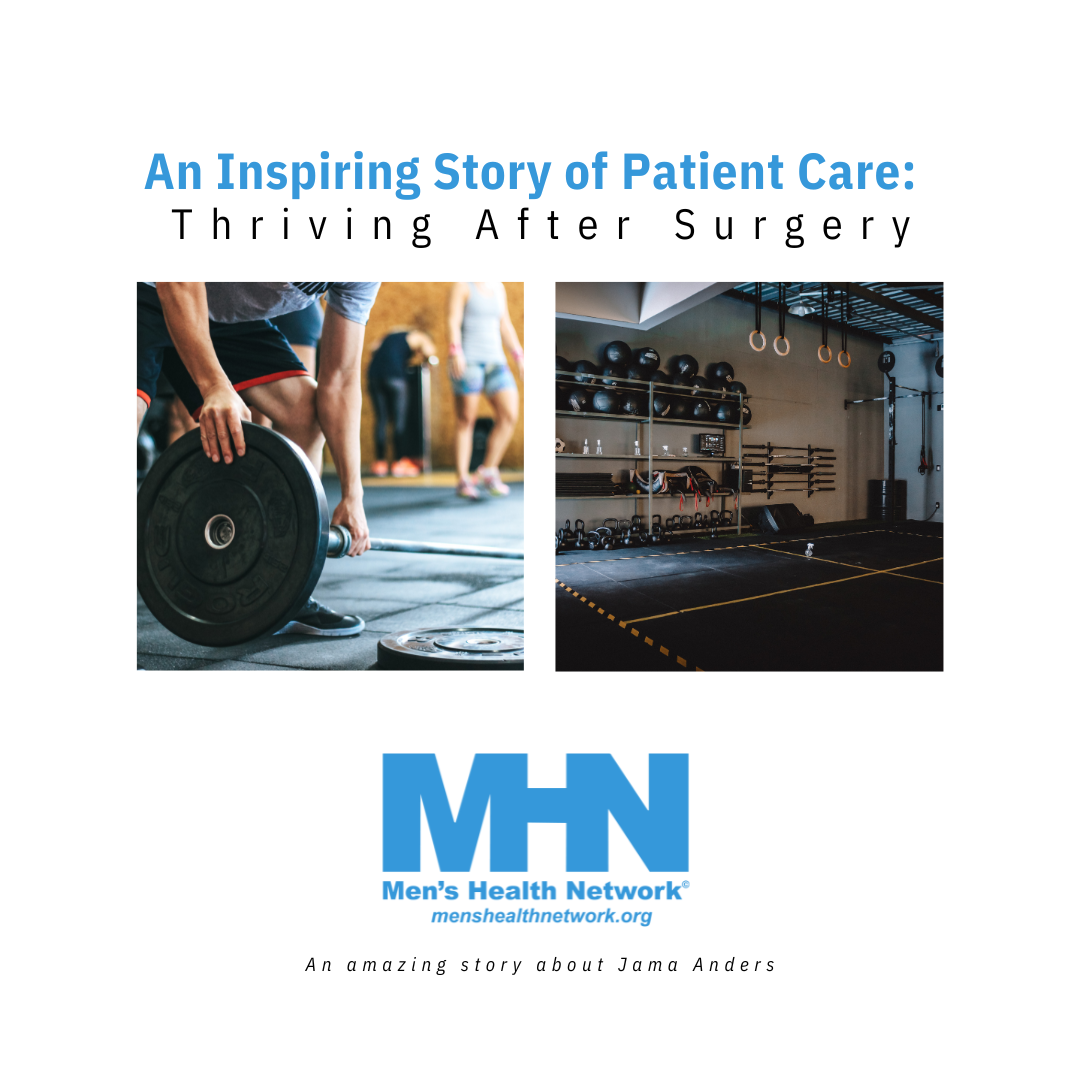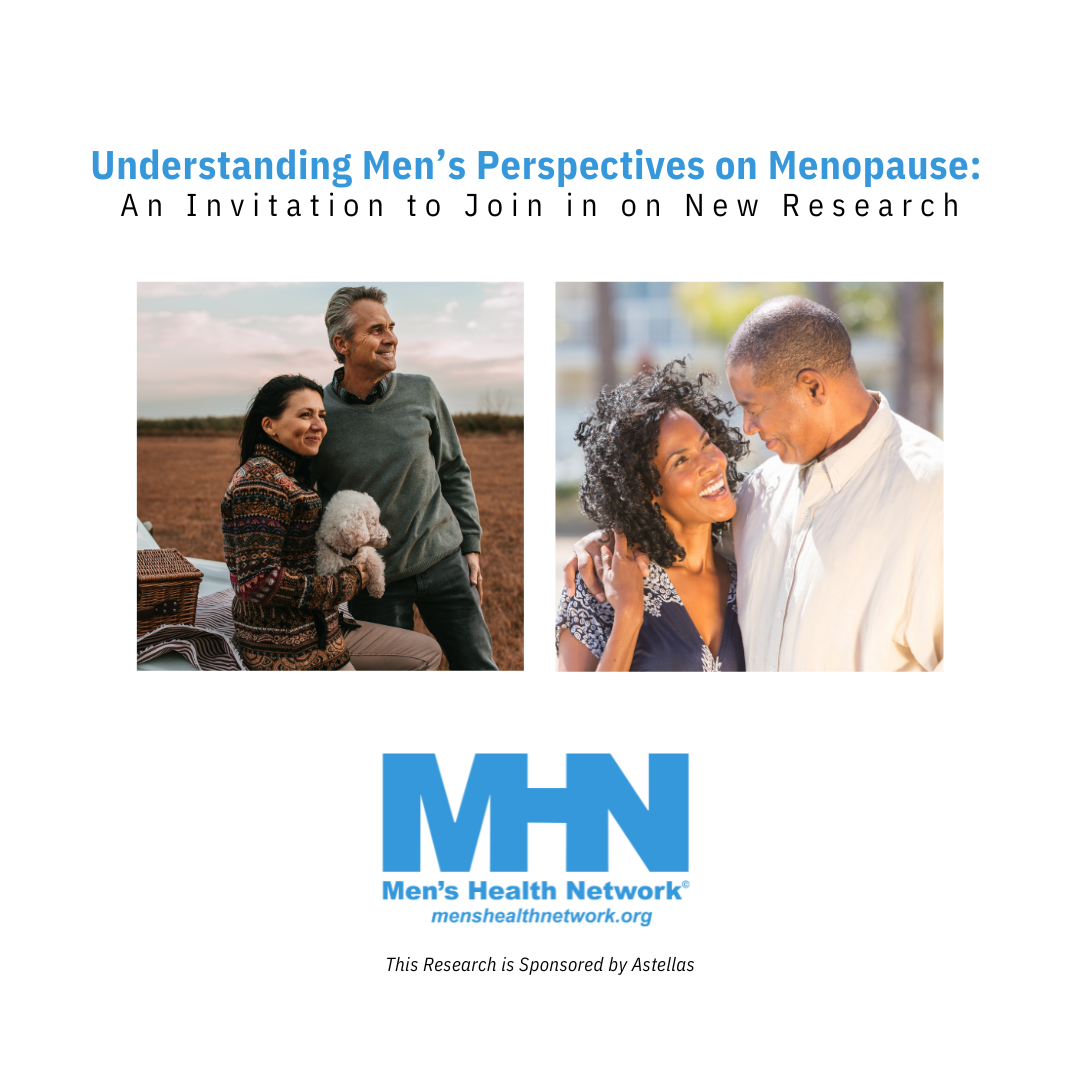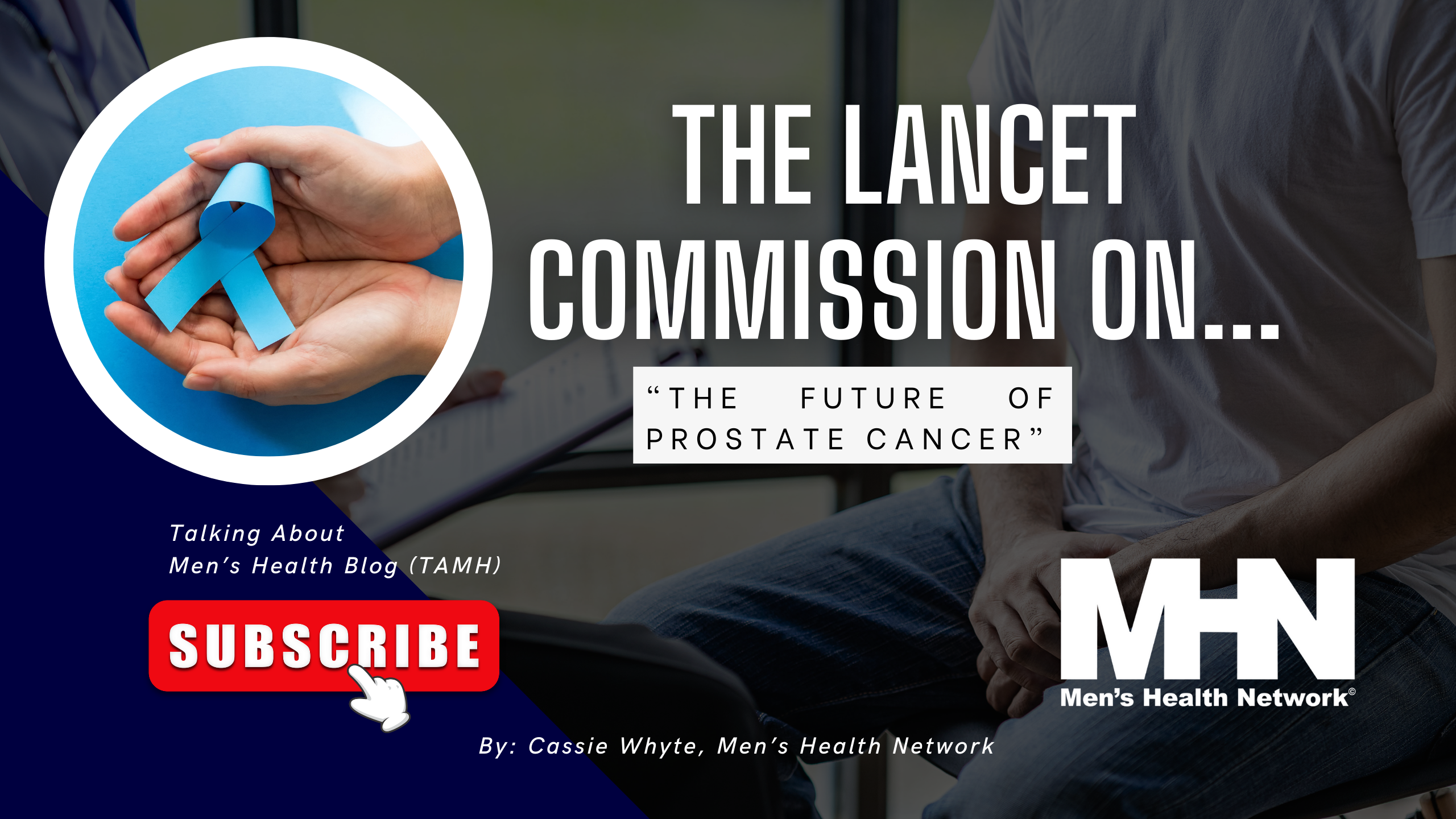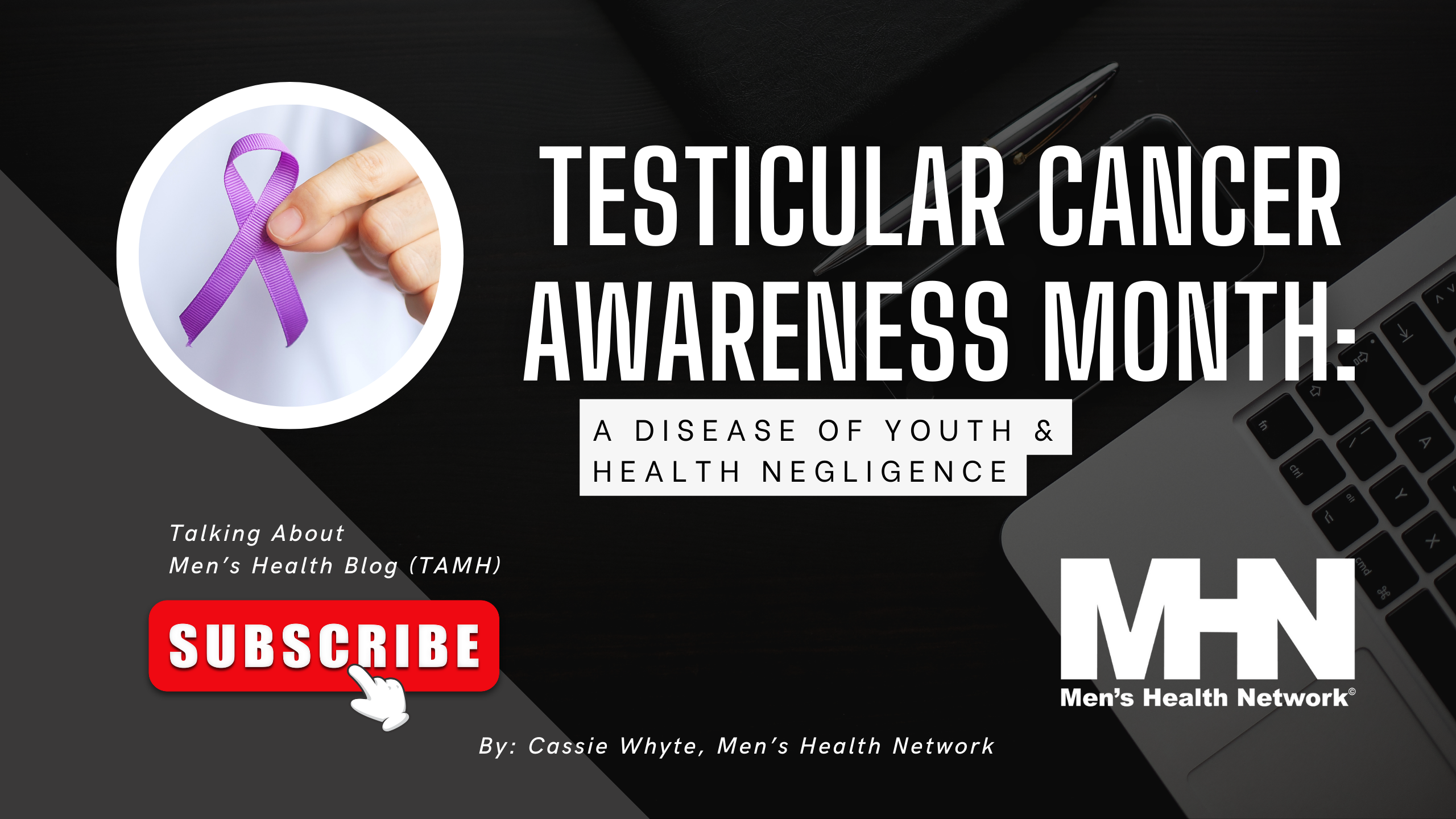Wellness in the Workplace for Men: Thriving Through Health & Wellness As we have stated in previous articles, employees spend more than one-third of their lives at work, which makes the workplace the perfect arena for workers to get evidence-based healthcare information designed to improve health and make healthcare services more accessible. Many organizations provide...Continue reading
Category: Mental Health
An Inspiring Story of Patient Care: Thriving After Surgery
An Inspiring Story of Patient Care: Thriving After Surgery I recently had the pleasure of interviewing the dynamic duo of Jama Anders, a professional weightlifter and longtime Crossfit instructor, and his spine surgeon, Dr. Ehsan Jazini, who, in a seemingly miraculous intervention, was able to perform a disc replacement on Jama that would allow him...Continue reading
The Perfect Citizen: 300 Spartans
At some point, you must wonder why he will not share his feelings with you, such as by never seeing him cry or get emotional. Western males’ unemotional intelligence is like some secret oath they are taught to take as toddlers and carry with them through life, like an old, raggedy piece of luggage. Most...Continue reading
Understanding Men’s Perspectives on Menopause: An Invitation to Join in on New Research
Menopause is a significant life stage for women, but it also impacts the men in their lives. Understanding how men experience this transition is crucial for developing support systems that work for both partners. Your participation could be the key to creating resources that will benefit couples facing this transition in the future. By sharing your experiences, you will help close the empathy gap and foster a culture where men and women feel equally supported during menopause.Continue reading
Brain Injury in Service and its Relationship to Mental Health
Brain Injury in Service and its Relationship to Mental Health Concussion Legacy Foundation Author: Samantha Bureau, PhD In September, we come together to raise awareness about concussions so that more individuals and families know what to do in the event they or their loved one sustains one. A concussion is a type of traumatic brain...Continue reading
Reduce the Stigma and See Your Doctor
“Reduce the Stigma and See Your Doctor,” Says the Urologist Written By: Girish K. Mour, M.B.B.S., Nahid Punjani, M.D., M.P.H., and Daniel M. Frendl, M.D., Ph.D As Urologists, we remain the gatekeeper for men’s health. Not only are men are known to engage in higher-risk behavior but are also less likely to see to their...Continue reading
Dialogue on Sleep Apnea: Linkage to Serious Chronic Conditions
We need a national dialogue on obstructive sleep apnea and must prioritize it along with other serious chronic conditions, such as obesity and heart disease. Obstructive sleep apnea (OSA) is understood to be a common chronic medical condition, yet it is often ignored by many. Some people may feel conscious about snoring or the...Continue reading
The Lancet Commission on The Future of Prostate Cancer
The Lancet Commission on The Future of Prostate Cancer The Lancet Commission is an independent medical journal that, since its inception in 1823, has sought to disseminate scientific information and analysis on a broader scale in the pursuit of a healthier international community. At the beginning of April, 2024, the commission produced and published...
Testicular Cancer Awareness Month: A Disease of Youth and Health Negligence
Testicular Cancer Awareness Month: A Disease of Youth and Health Negligence April is Testicular Cancer Awareness Month. This month, along with other awareness periods that particularly emphasize the necessity of men’s well-being, is often overlooked by those operating in the health advocacy sphere. And if not comprehensively ignored, discussion surrounding testicular cancer is often relegated...Continue reading
The Case for Prostate Cancer Diagnostics & Treatments
The Case for Prostate Cancer Diagnostics & Treatments Written By: Cassie Whyte A few days ago, I had the pleasure of speaking with prominent Urologist, prostate cancer expert, and men’s health advocate, Dr. E David Crawford. Throughout his decades of experience, Dr. Crawford has dedicated himself to improving prostate cancer diagnostics and treatment, as well...Continue reading

